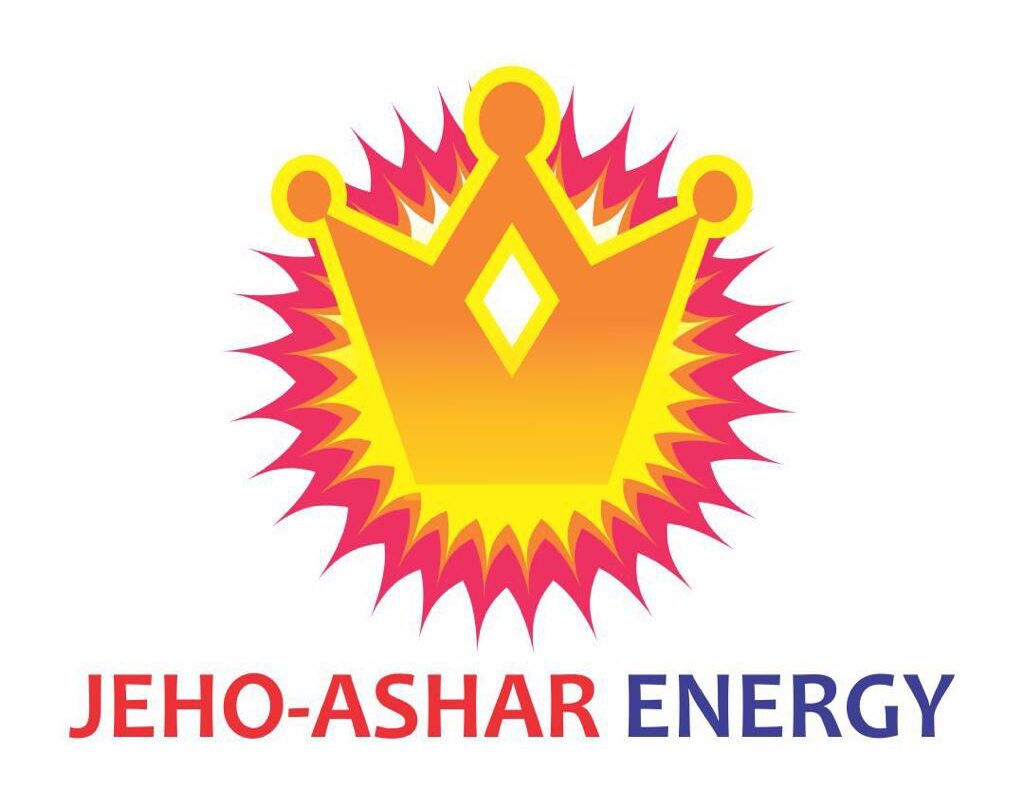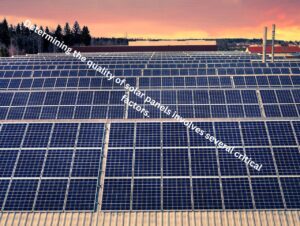Overview
As Nigeria pushes toward widespread solar adoption, especially in off-grid and underserved areas, there’s a critical need for systems that local technicians can install and maintain without specialized tools or training. Jeho Ashar Energy meets this need by designing DIY-friendly solar structures, built for simplicity, reliability, and skill transferability.
Why DIY-Friendly Mounting Matters
- Bridges the installer gap in rural and peri-urban areas
- Reduces project costs by avoiding reliance on external contractors
- Enables faster deployment of community-scale solar
- Supports local job creation and technical capacity building
Core Features of Jeho Ashar’s DIY Solar Mounting Kits
🧰 5.1 Tool-Free or Low-Tool Assembly
- Most connections use pre-installed locking bolts, quick clamps, or slide-fit components
- No welding, cutting, or complex alignment tools required
- Can be assembled with basic hand tools (spanner, wrench, drill)
🧩 5.2 Numbered and Color-Coded Parts
- Each kit includes labeled parts and a step-by-step visual manual
- Color codes match panel size and orientation—minimizing confusion
📦 5.3 Flat-Pack Delivery for Remote Access
- Mounting systems are shipped in flat-pack boxes for easy transport by car, bike, or boat to hard-to-reach areas
- Includes all bolts, brackets, and anchors needed
🏗️ 5.4 Modular Build Process
- Systems can be installed one row or unit at a time
- Ideal for training programs, pilot projects, or phased rollouts
Training & Local Capacity Building
Jeho Ashar Energy integrates its DIY systems with:
- Installer training workshops in rural areas
- Video tutorials and manuals in English, Hausa, Yoruba, and Pidgin
- Certification partnerships with local polytechnics and tech hubs
Real-Life Example: Empowering Youth in Bauchi
In Bauchi State, Jeho Ashar trained 15 local youth to install solar kits for households using DIY-friendly structures. Within 3 weeks:
- Over 40 homes were powered
- Local technicians handled assembly independently
- Community members were trained to conduct basic checks and maintenance
Benefits for Community and Stakeholders
- Lower total installation cost
- Greater community buy-in and trust
- Reduces system downtime by enabling local maintenance
- Builds a local solar economy and skill ecosystem



